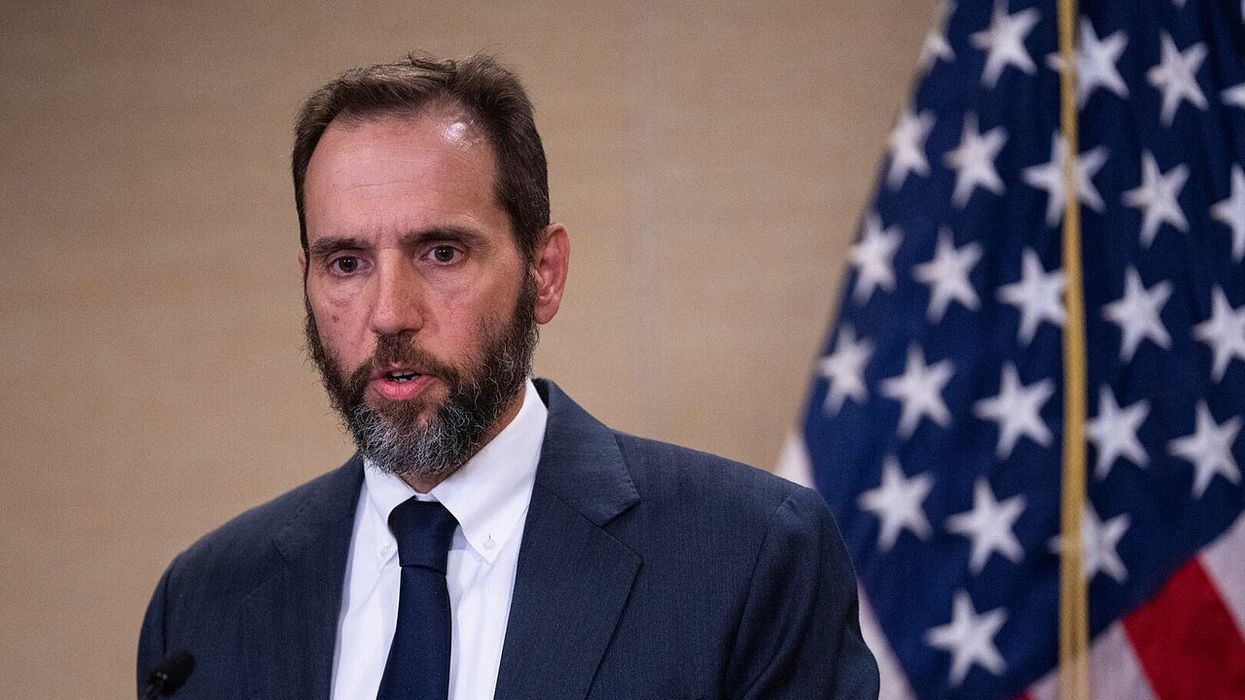Why the Supreme Court 'should resoundingly reject Trump’s immunity bid'


Despite the fact that he is facing four criminal indictments, polls are showing that former President Donald Trump has a very good chance of returning to the White House in 2025. Poll after poll shows him way ahead of his rivals in the 2024 GOP presidential primary, and some polls are showing Trump with single-digit leads in a hypothetical Trump/President Joe Biden rematch.
Trump is hoping to eliminate one of the indictments — special counsel Jack Smith's election interference case — by claiming that he enjoys immunity from prosecution because he was still president in late 2020 and early 2021. Smith has asked the U.S. Supreme Court to review Trump's immunity claim as soon as possible.
In an article published by the conservative website The Bulwark on December 18, University of Baltimore law professor and former federal prosecutor Kimberly Wehle lays out some reasons why the High Court "should resoundingly reject Trump's bid for immunity."
POLL: Should Trump be allowed to hold office again?
Wehle argues, "The more moderate conservatives on the Court —Chief Justice Roberts, Justice Kavanaugh, and to a lesser extent Justice Gorsuch — should think long and hard about the precedent their greenlighting of Trump's crimes in office would set not just for the presidency itself, but also, for the legitimacy of the U.S. Supreme Court…. While the justices should assess the Trump immunity argument on the basis of law and the Constitution, they will also unavoidably have in their mind the stakes for their institution and for the rule of law."
The justices, Wehle adds, "will surely be asking themselves whether Trump, in a second administration, will heed the Court's rulings or instead decide that he is the rule of law when it comes to judicial decisions as well as everything else."
The High Court, according to Wehle, "should…. take the expedited appeal; reject any arguments from Trump's team that immunity especially applies in this case because elections are political questions that courts should avoid deciding, or that this prosecution comes too close to the 2024 presidential election; rule that presidents are not kings; and rule that crimes in office can be prosecuted for actions taken while president."
READ MORE: 'An outlier': DC court's 'extraordinarily long' process to decide Trump immunity questioned
Kimberly Wehle's full article for The Bulwark is available at this link.